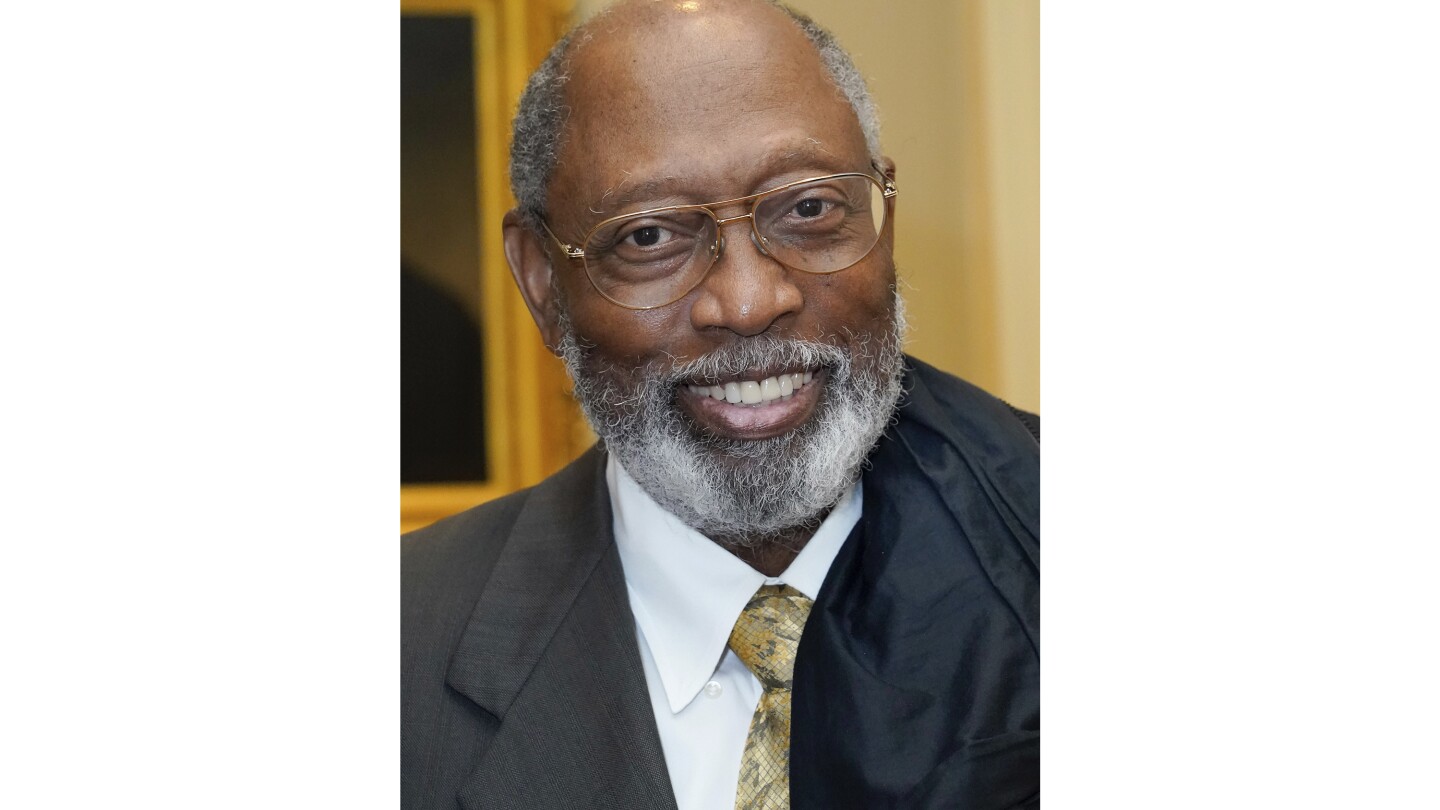JACKSON, Miss. (AP) — A federal judge has ruled that he will allow Mississippi officials to move forward with creating a state-run court in part of the majority-Black capital city of Jackson, over objections from the NAACP.
Attorneys for the civil rights organization had sued on behalf of several Jackson residents, saying the new court undermines democracy because local voters or local elected officials won’t choose its judge or prosecutors.
The new Capitol Complex Improvement District Court will have a judge appointed by the state Supreme Court chief justice and prosecutors appointed by the state attorney general — officials who are white and conservative.
In a ruling filed late Sunday, U.S. District Judge Henry Wingate dismissed requests to block the new court, which was created by the majority-white and Republican-controlled Mississippi Legislature. Jackson is governed by Democrats.
“None of the Plaintiffs has alleged that he or she is in actual or imminent danger of experiencing any concrete and particularized injury resulting from the establishment of the CCID Court or the challenged appointment of a judge or prosecutors for that court,” Wingate wrote.
Under a law signed by Republican Gov. Tate Reeves during the spring, the new court will come into existence Jan. 1 and will have jurisdiction in a part of Jackson that includes state government buildings and some residential and shopping areas.
Reeves and legislators who support the new court say it is part of an effort to control crime in Jackson — a city that has had more than 100 homicides for each of the past three years, in a population of about 150,000.
The Capitol Complex Improvement District Court will have the same power as municipal courts, which handle misdemeanor cases, traffic violations and initial appearances for some criminal charges. People convicted in most municipal courts face time in a local jail. Those convicted in the new court will be held in a state prison, near people convicted of more serious felony crimes.
Most municipal judges are appointed by city officials. Jackson has a Black mayor and majority-Black city council. The judge of the new court is not required to live in Jackson.
Legal arguments in the case touched on racial discrimination, public safety and democracy.
In response to plaintiffs’ saying they do not feel represented by the chief justice or attorney general, Wingate wrote that they failed to prove they had ever complained to local officials or that local officials had been open to listening.
“Further, had the local officials been so obliging, this court is mystified why Jackson’s system of criminal justice is in the deplorable shape it is in, with an overcrowded docket requiring defendants to jettison any notion of a speedy disposition,” Wingate wrote.
NAACP attorneys intend to appeal the ruling.
Attorney General Lynn Fitch’s office will continue to defend the law and “perform our duties to help protect the people of Jackson from stifling, suffocating crime that plagues the city,” chief of staff Michelle Williams said Sunday.
The state law creating the new court also expands the patrol territory for Capitol Police. The state-run police department previously patrolled near state government buildings in downtown Jackson, but the new law added other parts of the city, including more affluent residential and shopping areas.
In September, the Mississippi Supreme Court struck down the part of the same law that would have required the state chief justice to appoint four circuit judges to serve alongside the four elected circuit judges in Hinds County. The county includes Jackson and is also majority-Black and governed by Democrats.
Justices wrote that longstanding Mississippi law allows the chief justice to appoint some judges for specific reasons, such as to deal with a backlog of cases. But they wrote that “we see nothing special or unique” about the four appointed Hinds County circuit judges in the 2023 law, “certainly nothing expressly tethering them to a specific judicial need or exigency.”
____
Associated Press/Report For America reporter Michael Goldberg contributed to this report.

